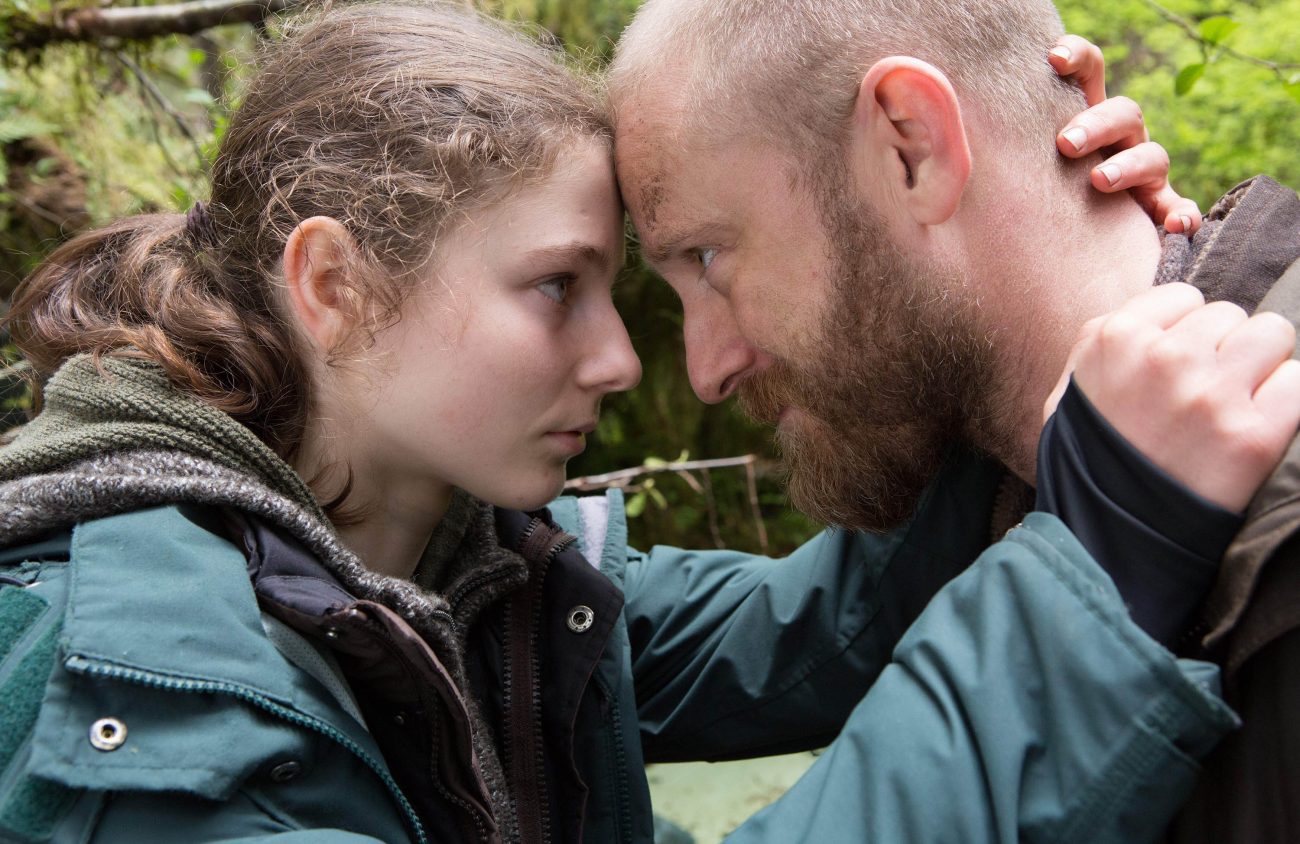Director Debra Granik’s 2010 coming-of-age drama Winter’s Bone set a new highwater mark for American independent cinema. A work of anxious discovery, ancient entanglements and emotional courage, it remains one of the finest films of the past 25 years.
Based on the novel by Daniel Woodrell about a teenage girl’s desperate search for her wayward father in the Ozarks, Winter’s Bone achieved that rarest of cinematic feats: It simultaneously humanized and mythologized a population rarely acknowledged, much less captured accurately in art — in this case, the rural poor of Missouri, who move within complex social strata ruled by a moral code that, although brutally enforced, maintains an honor largely lost to the so-called modern world.
Granik, working with screenwriter Anne Rosellini, bestowed a tragic dignity upon the characters in Winter’s Bone, returning them to themselves as they are, mirror-like and unadorned by easy assessments. And in so doing, she created a world driven by good and bad choices instead of good and bad people — the opposite of the artistic mugshots Hollywood usually offers when dealing with crime, drugs and poverty.
Granik and Rosellini, working from the novel My Abandonment by Peter Rock, pull off a similar feat with Leave No Trace, a new film set in an Oregon that, at times, looks and feels a lot like the forsaken Ozarks of Winter’s Bone.
The story is as simple as its ramifications are staggeringly complicated: Will (Ben Foster), a Gulf War vet, and his 13-year-old daughter Tom (Thomasin McKenzie), are living off the grid on forested public land just outside Portland. After the film’s opening scenes — a brief idyll of edenic, if slightly haunted, life in the woods — they are suddenly caught and thereby dragged by well-meaning social workers into the bureaucratic regulations of civilization, with its doorways, four walls and endless forms to fill out.
Unlike Winter’s Bone, which was fraught throughout with the promise of explosive violence, the tensions of Leave No Trace are bloodless and amorphous, though no less perilous. Will, whose post-traumatic stress puts him on perpetual high alert, is anti-social to the core; the mere presence of anyone but his daughter poses the direst threat. For instance, the psych test he undergoes becomes a nightmare worthy of Kafka.
Tom, for her part, is undyingly loyal to her father, and an apt pupil of his survivalist ways. But she is also a girl on the verge of womanhood, and although well read and seemingly well adjusted to survivalist life, she yearns for human connection and experiences beyond her wildly isolated existence.
Nothing all that dramatic happens in Leave No Trace, and yet the film is completely mesmerizing and even suspenseful. The rich, anxious vibrations of its narrative reside less in particular incidents than in the almost telepathic interactions of Tom and Will, whose bond is jeopardized by forces within and without.
Foster and McKenzie carry the film so gracefully, with such understated fragility and tenderness, that it’s impossible to see anyone else in the roles.
At the invisible center of it all is Granik, who seems more interested in actually listening to her characters than she does in pinning them wriggling to the wall of her narrative. A looseness to her storytelling contains its own strange fatality, like the slow ebb and flow of tides. Rather than imposing some strict architecture on her story, she allows it to breathe, eking out dichotomies — freedom vs. security, nature vs. civilization, individual vs. society, rich vs. poor — that shuffle and blend in revealing ways.
And yet, despite the deep irony that two human beings living independently in the woods are considered “unhoused” and therefore in need of forcible help, the movie is much more than a socio-economic parable about the dangers of going off the grid.
At bottom, Leave No Trace is about human bonds, and specifically the bond of parents and children. Tom and Will’s story, beyond its acute and seemingly extraordinary specifics, is a timeless one — about pain and growth, failing and adapting and letting go.
As with Winter’s Bone, Granik gives the story of Will and Tom a mythic quality without losing grip on the hard realities of life, from annoying paperwork to leaky lean-tos. Both films portray a final rite of passage that would only be tragic in its inability to be confronted. Heartbreak, in this sense, has never looked so inevitable, and necessary.
As with all solid works of art, how you feel about the final act of Leave No Trace will say far more about you than it does about the film. Either way, it will leave its trace. (Bijou Art Cinemas) ■
